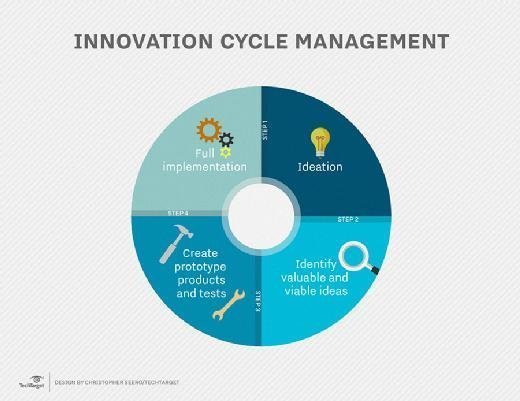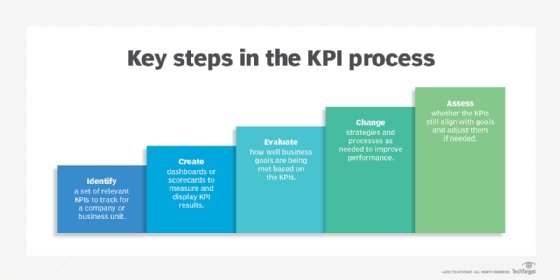pilot program (pilot study)
What is a pilot program (pilot study)?
A pilot program, also called a feasibility study or experimental trial, is a small-scale, short-term experiment that helps an organization learn how a large-scale project might work in practice.
Pilot programs are vital testing grounds that let organizations evaluate the potential effectiveness of new initiatives or solutions before full-scale implementation. Whether you're in the healthcare, technology or manufacturing industry, a solid understanding of pilot programs is crucial for successfully implementing new strategies and driving innovation.
Overview of pilot programs
At its core, a pilot program involves carefully planning, executing and evaluating a program to gather necessary data and insights before making significant investments in or commitments to it. Pilot programs can encompass a wide range of areas, such as new product launches, process improvements, software implementations or even social interventions.
A successful pilot program shares certain key features. It should have clearly defined goals and objectives, a carefully planned execution strategy, and data-driven evaluations.
By conducting a pilot program, organizations can minimize risks, optimize resource allocation and gain valuable insights to inform decision-making.

The planning stage of pilot programs
The planning stage sets the foundation for a successful pilot program. It begins with the identification of clear goals and objectives that align with the desired outcomes of the initiative.
Defining measurable parameters against which the pilot program will be evaluated is crucial for later analysis. Additionally, organizations should create a detailed plan outlining the process, tasks and timelines to ensure smooth execution.
Another critical aspect of the planning stage is selecting a suitable pilot site or group. Consider factors such as geographic location; demographics, such as customer segmentation; and access to relevant resources.
The implementation stage of pilot programs
Once the planning stage is complete, it's time to execute the pilot program within the selected site or group.
This phase involves putting the plan into action, closely monitoring progress and collecting relevant data for evaluation. It is essential to maintain regular communication with stakeholders, addressing any challenges or adjustments necessary for the smooth execution of the program.
During implementation, it is crucial to gather quantitative and qualitative data. This can include metrics such as user feedback, key performance indicators and process efficiency measurements. The data collected will serve as the basis for evaluating the success and impact of the pilot program.

The evaluation stage of pilot programs
The evaluation stage aims to assess the outcomes of the pilot program against predetermined goals and objectives. Analyzing the collected data lets organizations understand what worked well, what needs improvement and whether the initiative should proceed to full-scale implementation.
By reflecting on the executed pilot program, organizations can make informed decisions about the future course of action. It is important to consider the larger implications, feasibility and scalability of the initiative based on the evidence gathered. The evaluation process should involve stakeholders, incorporating their insights and perspectives.
Pilot programs serve as invaluable tools for organizations across industries. By providing a controlled testing environment, these programs help businesses validate ideas, minimize risks and optimize resource allocation.
With a thorough understanding of the purpose, process and benefits of pilot programs, professionals can confidently approach innovation, knowing that they have the groundwork in place to drive successful outcomes.
Explore how IT leaders can drive digital innovation. Check out important automated testing best practices to implement. See why successful data analytics starts with the discovery process.








